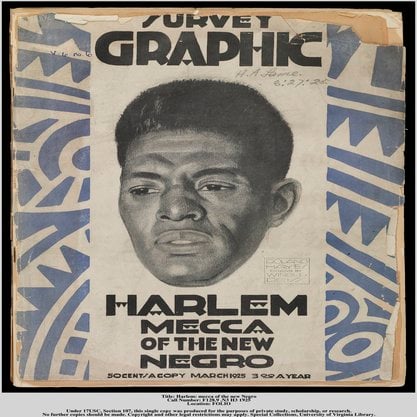Article
Howe, Irving (1920–1993) By Zaritt, Saul Noam
Article
Irving Howe was an American literary and social critic. Howe was a central figure in the circles of American democratic socialism as well as a prominent voice in post-war American literary criticism. Though he addressed a great number of literary topics and periods in his writing, Howe wrote important reflections on international literary modernism—in what Howe perceived as its last stages. Howe helped facilitate the rise of modernism in the cultural mainstream during the post-war period while remaining critical of the ways in which contemporary ideologies could appropriate the strategies of the literary avant-garde for exploitative and destructive purposes. Howe was particularly active in promoting modern Yiddish literature, initiating the translation and circulation of Yiddish writers who had previously been unknown to English-speaking audiences. Seeking to conserve a disappearing culture, Howe viewed Yiddish modernism as a compelling expression of the tension in modernity between tradition and cultural innovation.

